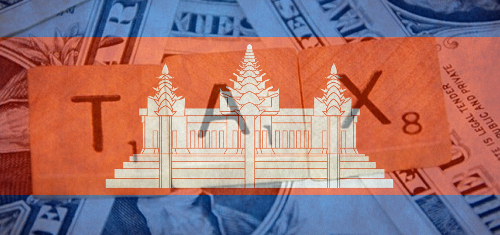 Cambodia’s casino industry contributed one-third more tax over the first nine months of 2016, but it still likely won’t be enough for opposition politicians.
Cambodia’s casino industry contributed one-third more tax over the first nine months of 2016, but it still likely won’t be enough for opposition politicians.
According to a finance ministry report issued on Tuesday, Cambodia had 69 licensed casinos as of September 30. Together, these casinos contributed $37.4m in taxes to the government since January, 35.5% more than in the same period last year. It’s also higher than the $34.7m the government collected in all of 2015.
The report credits the increased tax take to the government’s recent moves to shore up its taxation policies, which include casting a more critical eye on casino operations. The government is still playing coy with its overdue gaming legislation, which is rumored to contain a gambling tax of between 5% and 7%.
NagaCorp’s NagaWorld casino in Phnom Penh is currently required to pay only 2% tax on its gaming revenue, and its tax bill over the first nine months of 2016 totaled $16m, roughly 43% of the total collected. NagaCorp was recently hit with an unexpected demand for an additional $9.4m in taxes on its non-gaming revenue and further demands could be forthcoming.
Cambodia’s opposition politicians have routinely slammed the government for not requiring casino operators to contribute a larger share to government coffers. Of course, the problem is compounded when not all casinos bother to pay their taxes.
On Wednesday, the Phnom Penh Post reported that officials in Preah Sihanouk province had ordered the closure of a Sihanoukville casino last week due to its license having expired … nine months ago.
According to the report, the provincial governor issued a document on October 12 ordering the closure of the Pao Tu casino. The property’s gaming license apparently expired at the end of 2015, yet the casino had continued to operate despite directives issued by the Council of Ministers.
Incredibly, despite this flagrant disregard for authority, the casino operator isn’t completely in the government’s bad books. The document reportedly instructed the casino owner that he could apply for a new casino license, but he’d have to find a new location that meets with government approval. Knowing the size of this guy’s balls, he’s probably already set up a new operation in the provincial legislature’s canteen.